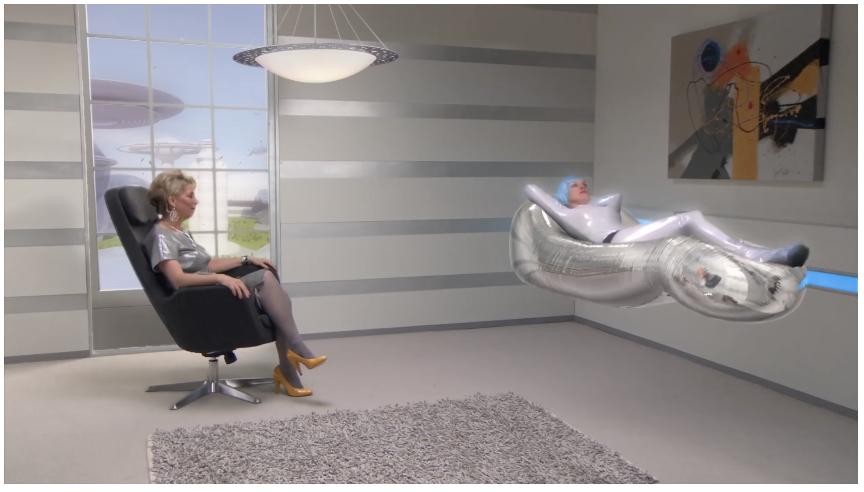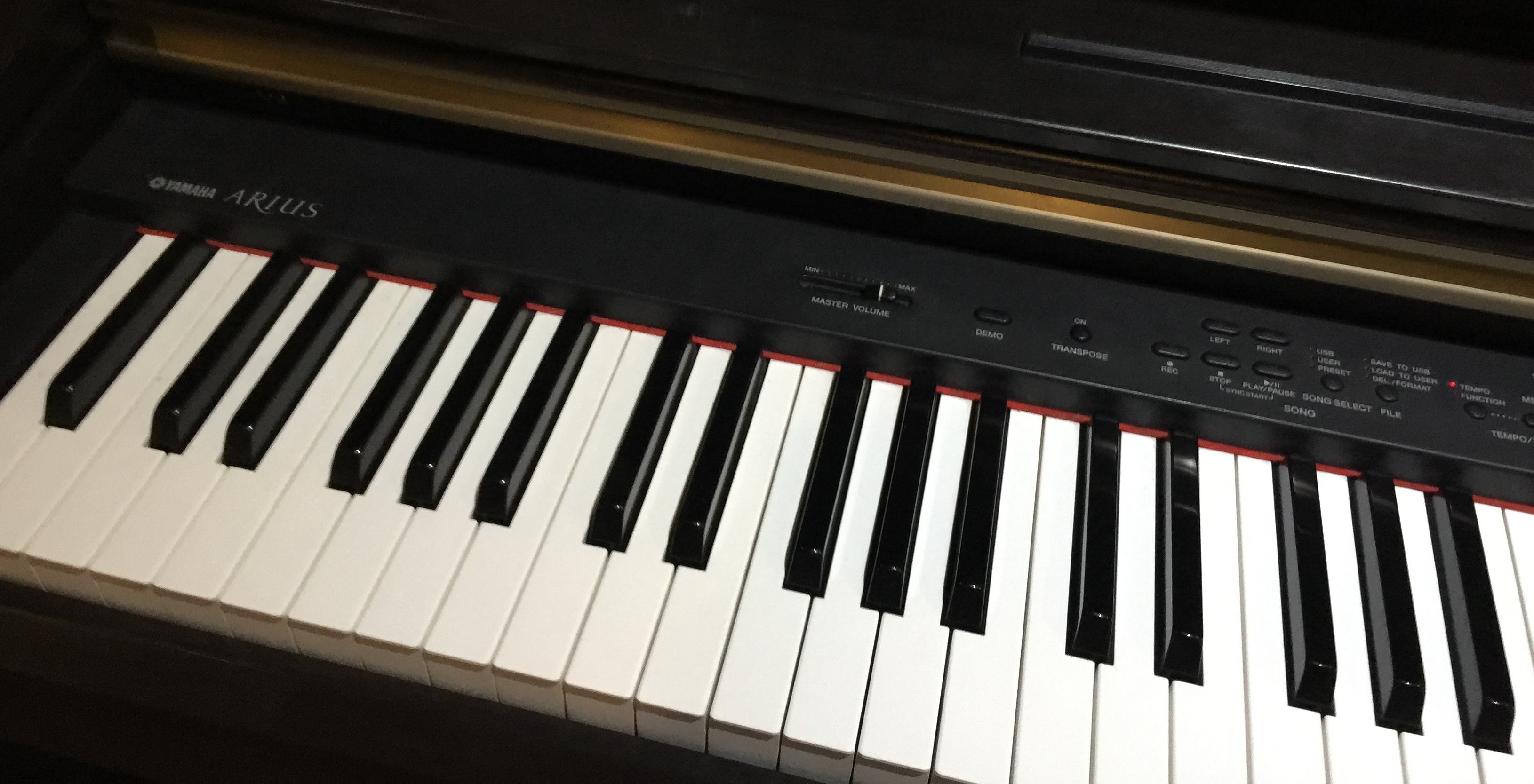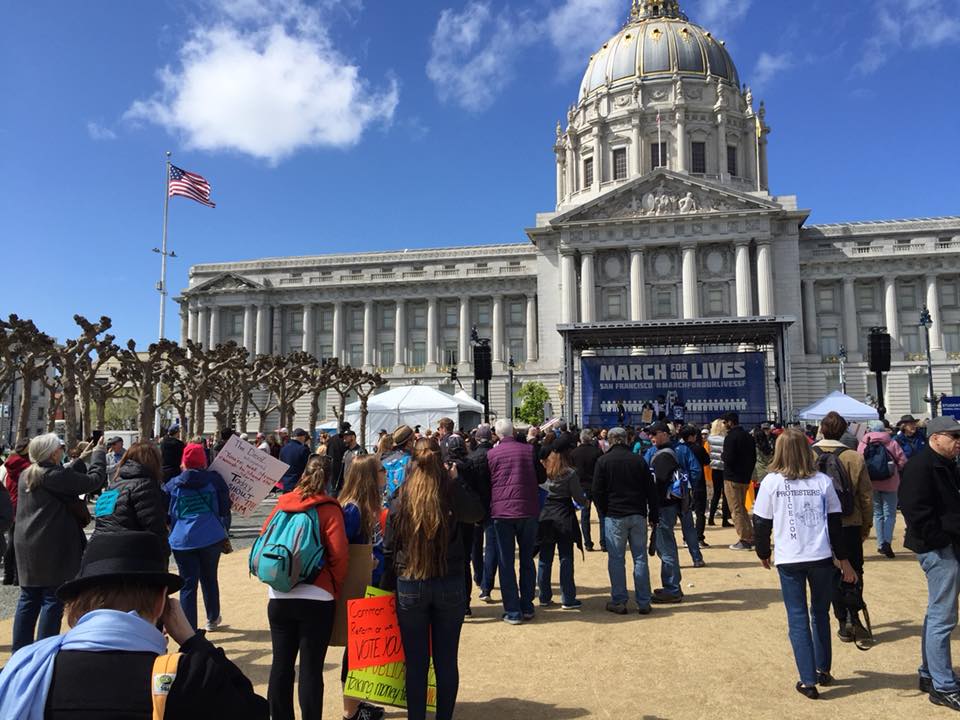Researching the article, I interviewed numerous experts, including Adam Coates, Director of the Silicon Valley AI Lab at Baidu, and Pieter Abbeel, director of UC-Berkeley’s Robot Learning Lab. Visiting the Robot Learning Lab was a blast – I got to see how BRETT, a robot, actually “learns” how to do things like fold towels and tie knots.
The article ties together many themes, from Mary Shelley’s "Frankenstein" to 2001: a Space Odyssey. I work in Ray Kurzweil and the singularity, and discuss Facebook’s highly-responsive AI algorithm.
Toward the end, I delve into how artificial intelligence will displace workers in the years ahead; automation has already killed countless jobs. One doesn’t have to be a pessimist to see that massive job losses will result from AI. Some disagree with me, and take a cheerier view of this – this is a core debate in AI. But I think it’s clear that machine learning and AI will displace not just legions of unskilled jobs, but the jobs of knowledge workers as well.
There will surely be plenty of new jobs, but these will require sophisticated education and training. The problem is that public education is woefully under-equipped to educate people at the level required to keep up with future technology. Of course I want to be wrong about this — hopefully a greater premium will be placed on education. The human race has always adapted to historic shifts in technology, but the emergence of AI poses its greatest challenge yet.
(The image above is a screenshot from the film, The Singularity is Near.)



